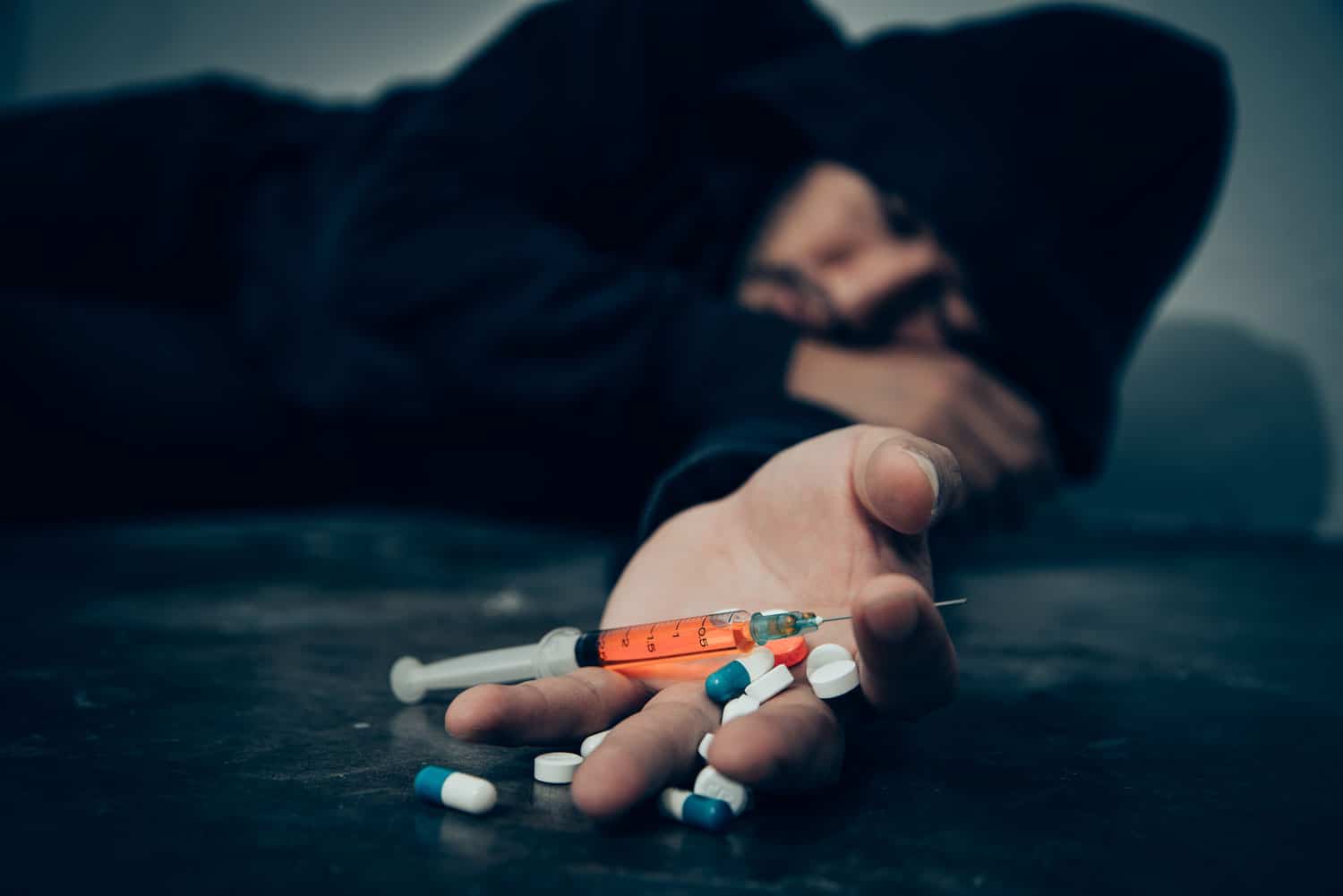Addiction Relapse: Triggers, Risks And Treatment Options

Substance addiction affects many people today. For those who become addicted to drugs or alcohol, it can be challenging. For instance, it leads to excessive spending just to continue taking the substances. Experiencing various health issues, such as a weakened immune system, is also possible.
Likewise, substance addiction can affect those around the substance user. Family members might blame themselves for such an issue, lowering their self-esteem. Moreover, people who become addicted to substances have more risk of becoming violent. This may cause danger to their loved ones and friends.
Luckily, a person can take steps to stop their addiction. However, if they’ve been in the period of addiction recovery for some time, it’s crucial to know more about relapse. If you’re unfamiliar with the term, it’s an issue that happens when an individual starts retaking drugs or alcohol after sobriety.
If you want to know more about addiction relapse, including its triggers, risks, and treatment options, continuing with this post will help. This ensures that you or someone’s addiction recovery process will go smoothly.
Table of Contents
What Are The Triggers And Risks For Addiction Relapse?
Addiction triggers incite feelings, thoughts, and memories of taking drugs or alcohol. Often, addiction relapse occurs due to these triggers. They’re the reasons why addiction recovery proves to become more challenging.
Luckily, one way to address such triggers is to share your concern with a treatment center. They can provide extensive care to prevent you from retaking substances. To start, you can contact various sites catering to alcoholic issues to find out more.
That said, it still helps to know some of these addiction relapse triggers, especially if you or someone you know aren’t taking substances for some time. Without further ado, here are examples of triggers that you should learn about:
Stress
The main reason why people with substance addiction return to their preferred drugs or alcohol is stress. They use these substances to cope with such an issue in a maladaptive way.
If you want to cope positively with stress, some steps that you can take are:
- Eat healthy foods;
- Spend time on doing exercise;
- Practice mindfulness and other relaxation techniques;
- Handle your time properly; and the like.
In the end, you can seek help from a therapist if you find it hard to cope with stressful situations too.
Certain Places And People Tied To The Substance Addiction
Specific locations that incite addiction memories can trigger you to retake substances. Similarly, people you spent time with while taking substances in the past can also lead to relapse, whether they’ve stopped or continued with their addictive behaviors.
Physical Or Mental Illness
Physical health issues and pain can lead to relapse as they stress your body. Depression, bipolar, anxiety, and other mental health conditions also increase the chance of relapsing. For one, you may use substances to cope negatively with these problems.
Additionally, the prescription medicines you may have used to treat mental and physical health issues can alter the mind, which may cause triggers to retake drugs or alcohol too.
Thus, if you’re using prescription drugs to address your mental health issues, telling your doctor that you’re trying to be sober is crucial. This is so they’ll take the necessary steps to address your concern.
The list above isn’t exhaustive; there are many triggers that can offset relapse for those that are recovering from substance abuse. If you yourself or someone you know are susceptible to such triggers, don’t hesitate to reach out to a medical professional for guidance.
Treatment Options For Addiction Relapse
There are various treatment options that a person suffering from addiction can choose if they relapse. Often, someone will assess them to know what treatment is required. Continue reading if you want to know two examples of current treatment options.
1. Cognitive Behavioral Therapy
Cognitive Behavioral Therapy (CBT) for addiction relapse can be a solid treatment for those that want to continue their recovery process. This treatment, part of psychotherapy, can address negative thought cycles involved with taking drugs or alcohol.
Therapists in this treatment will try to tell clients that perception is reality. This helps as a client will hold a thing as objectively true or not based on their reaction to this perception.

Knowing that perception is reality will help people with substance addiction as such an issue alters perception because of how they project their self-esteem issues to their external environment. This is true, mainly if they think the people around hate them due to the drug’s influence.
Ultimately, CBT gives more objectivity to the person’s reality by fixing main issues, such as distorted thinking. And it offers practical skills for dealing with addiction, preventing relapse over time.
2. Motivational Enhancement Therapy
Another effective treatment for addiction relapse is Motivational Enhancement Therapy (MET). This therapy involves helping ambivalent individuals be more motivated to address their destructive behaviors, such as taking drugs or alcohol.
MET involves four planned treatment sessions. Before this treatment occurs, you’ll have to finish a battery of assessments that can take seven to eight hours. After these assessments, the sessions will involve three phases, which are:
- Phase One: Building motivation to change. This is the phase in which a therapist will try to assess the results of the assessments through the personal details that the client gave.
- Phase Two: Consolidation of change. This phase is about encouraging the client to have a plan for changing their addictive behavior. Often, the client will create the plan and not the therapist during this period.
- Phase Three: Follow-Through Strategies. This stage can occur as soon as the second session, as long as the client has an initial motivation. Reviewing progress, renewing motivation, and redoing commitment are the tools employed in this phase.
If you choose MET as your form of treatment, you can have more belief in your ability to avoid substances.
CBT and MET are two of the most popular treatment options many addiction specialists deploy to their patients. They’ll guide their patients throughout the whole treatment process to ensure recovery.
Final Thoughts
Substance addiction is a serious concern that can adversely impact a person’s life. Yet, even if a person stops taking substances, there’s still an issue that one must address. This issue is how to maintain sobriety and avoid relapse.
If you or someone you know is trying to be sober and in recovery, it’s crucial to know the possible triggers that can derail treatment and the various wellness options available. This post has tackled details regarding such concerns, and you can refer to it to find help when necessary. Hopefully, the points mentioned will be helpful for you or your loved one. All the best.






.jpg)
